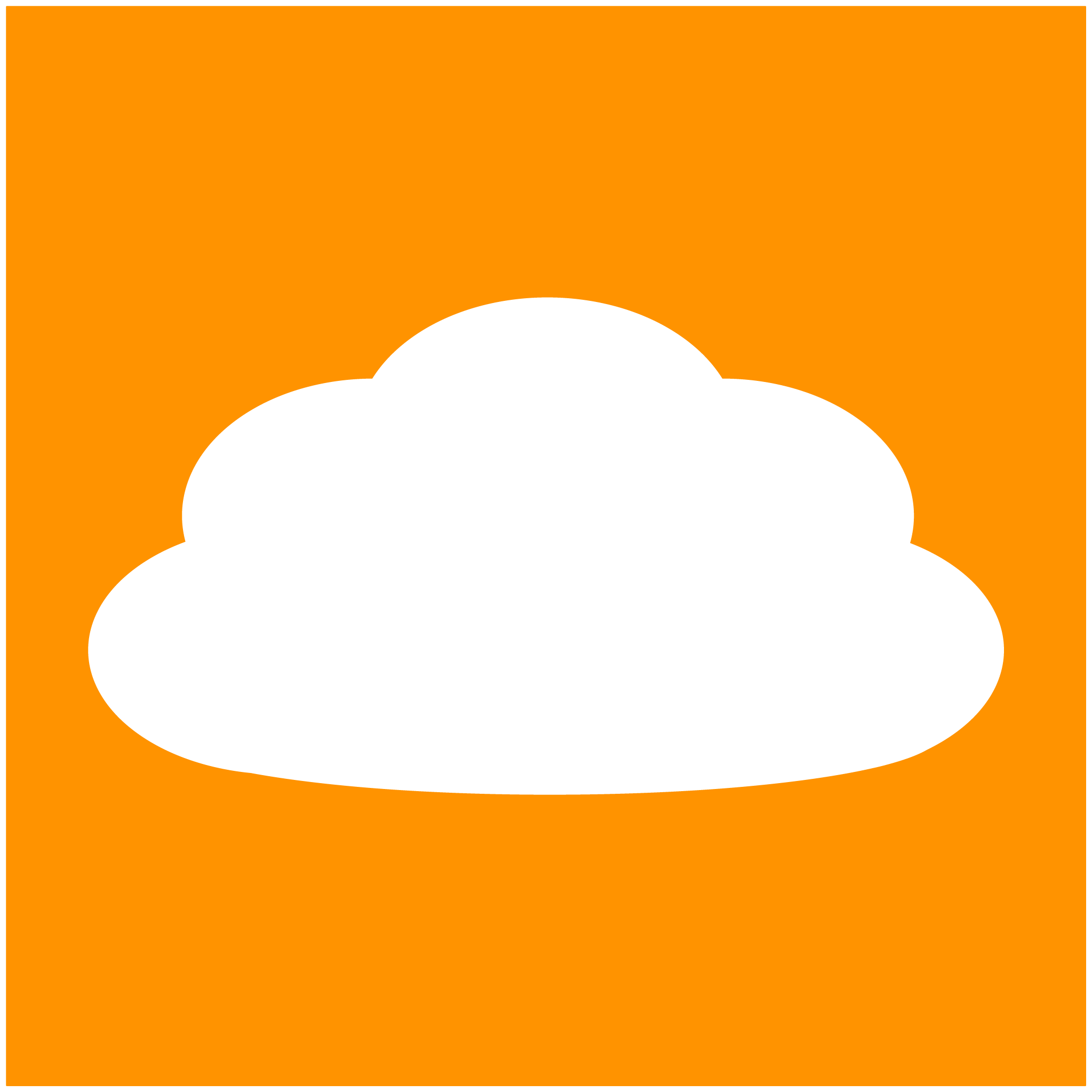One of the main concepts around the Personal InfoCloud is access to our information when we need it. It has become relatively easy to find digital information on the internet these days, but keeping track of information for ourselves is a huge problem. Not only do we have the problem of tracking our information on one device, but across our devices (our laptop and desktop at work, our mobile, our PDA, our desktop at home) it become nightmare. We have gone from the scent of information (Xerox Parc term), to the current stench of information, and we are trying to get to the sweet smell of information.
One of the tools that has helped many manage some of the information they find on the web is del.icio.us. Del.icio.us is a social bookmarking tool that give the person the means to save the bookmark in a web-based tool and add tags (keywords) to the link that are of their choosing for their own bookmark retrieval. The tool really caught on as people can easily refind that information they stored because it is saved using their own vocabulary. Other people can find the same object (it is a shared “social” tool) if they use the same vocabulary to describe the same object.
It is time we all start to focus on the person and how they use and reuse the information. How do people combine disparate information in what have been separate applications and separate devices? Our design and development has to get personal.
It is these solutions an focus that are lacking from many approaches to web and application development today. Yes, it is still lacking, but it may not be for much longer.
What has changed the environment? Personalization has triggered much of this change. No, not the giant portal personalization that the content management overloads want to sell for mega-bucks and still provide mini-returns. This is personalization that allows the person to decide what information or information source is important to follow. People and vendors (be it information or products) have a desire to strengthen their connection. Vendors need to make it easy on the person who has an interest in the vendor and one or many of their products.
One of the tools that has caught on in the mainstream is RSS/Atom feeds. This allows a person to subscribe to the information that most interests them. This information can be news feeds that are targeted to specific genres or it can be a listing of products newly available, as Apple is doing with its new additions to iTunes each week and Amazon is doing for it product categories. In the past e-mail has been one of the few avenues that has been available to provide a personal connection.
So if it is getting easier to have the information from vendors easily subscribed to, how difficult should it be to subscribe to our own information? This is one of the del.icio.us solutions, well it seems to be targeted to others subscribing to our shared bookmarks, but we can easily subscribe to an RSS feed of our own bookmarks or even our own specific tagged bookmarks, should we wish to.
With calendaring we have similar subscription options if we use the iCal standard. There are even RSS event capabilities that can be incorporated (RSS with Dublin Core attributes as Upcoming does, or event module attributes). Subscribing is one solution, but often I need to add calendar events into my mobile device (Treo 600 or Nokia Series 60 phone) with out having to rekey everything. There are open standards for calendaring, why don’t mobile device calendar applications just incorporate accepting these standard file types? Using standard solutions to keep all of the facets of our life, or at least our calendar related facets, seems to be a wise and relatively easy solution.

Leave a Reply